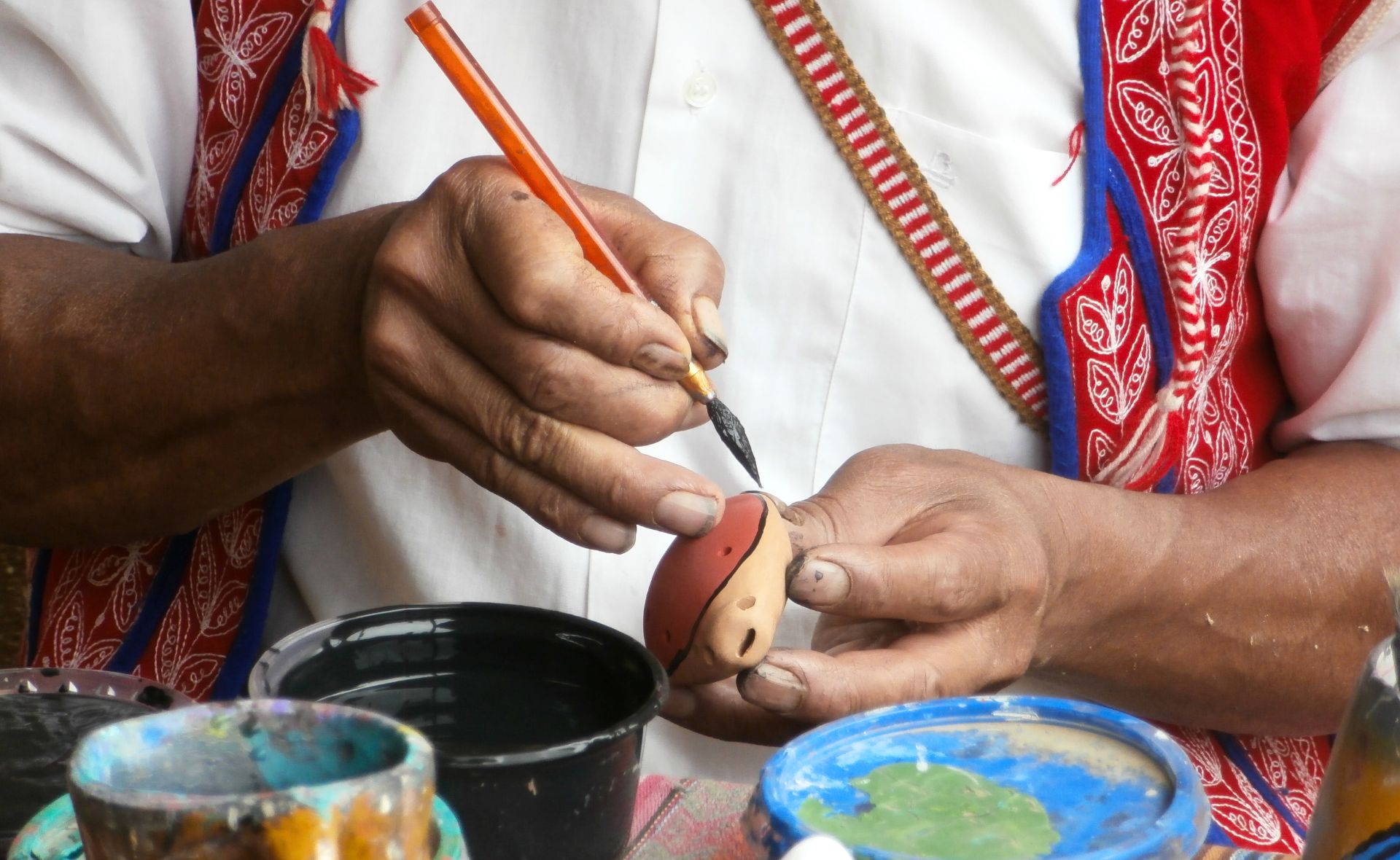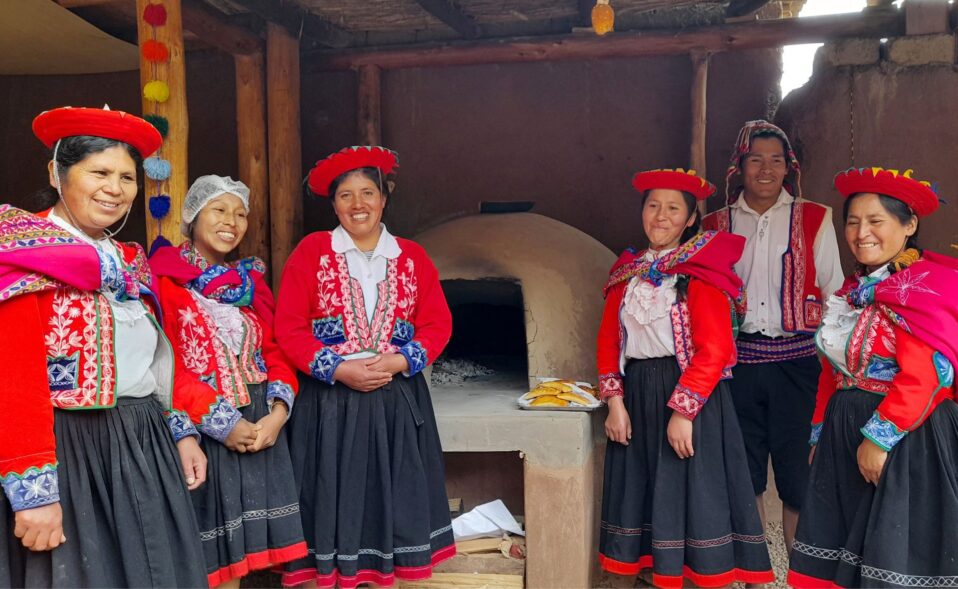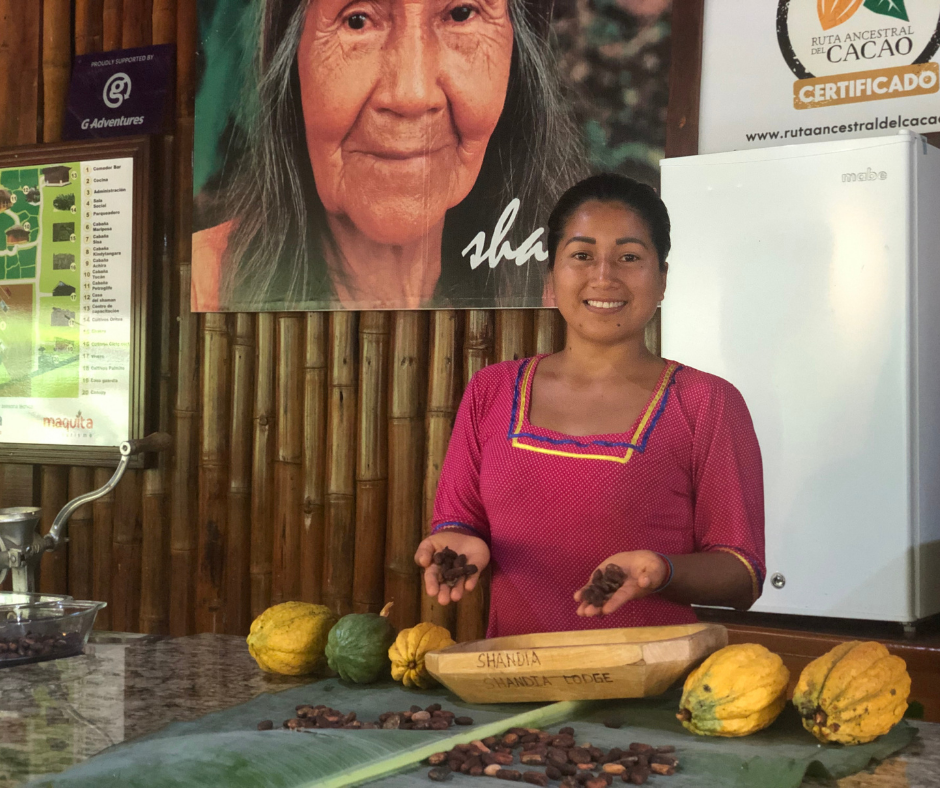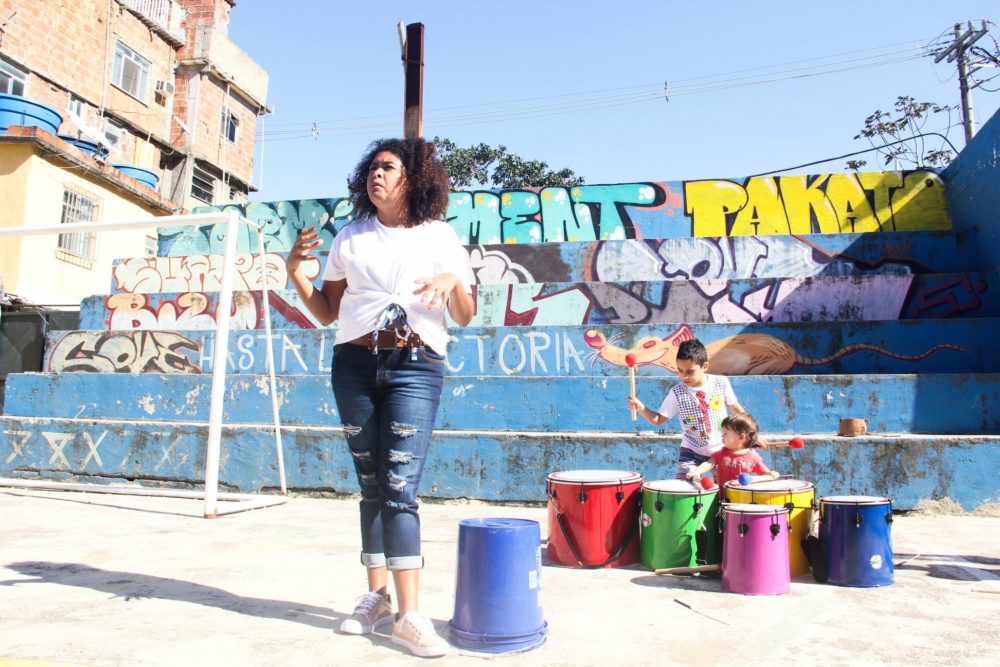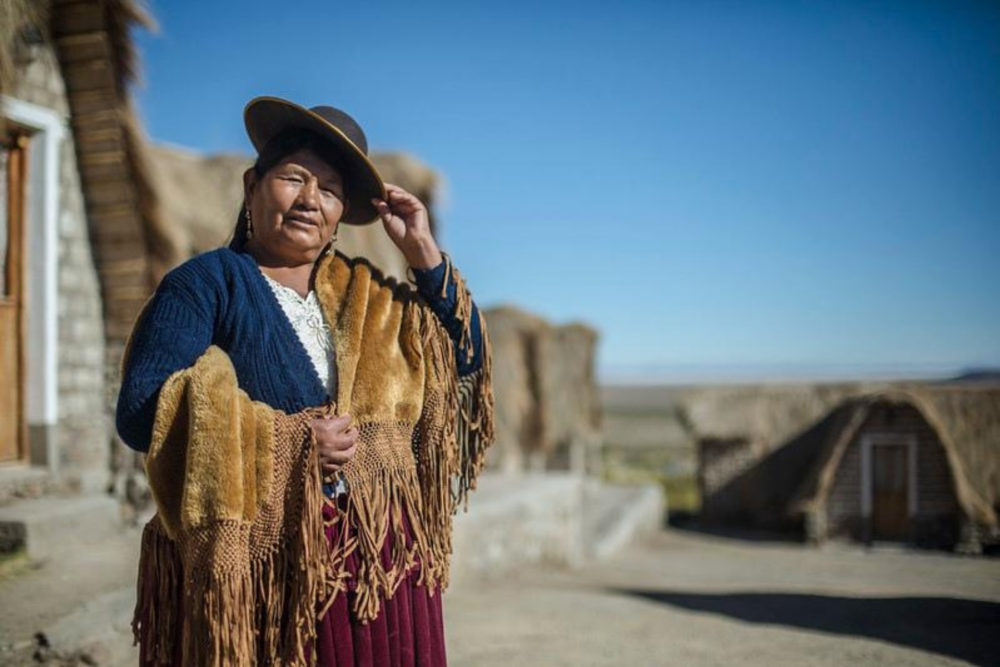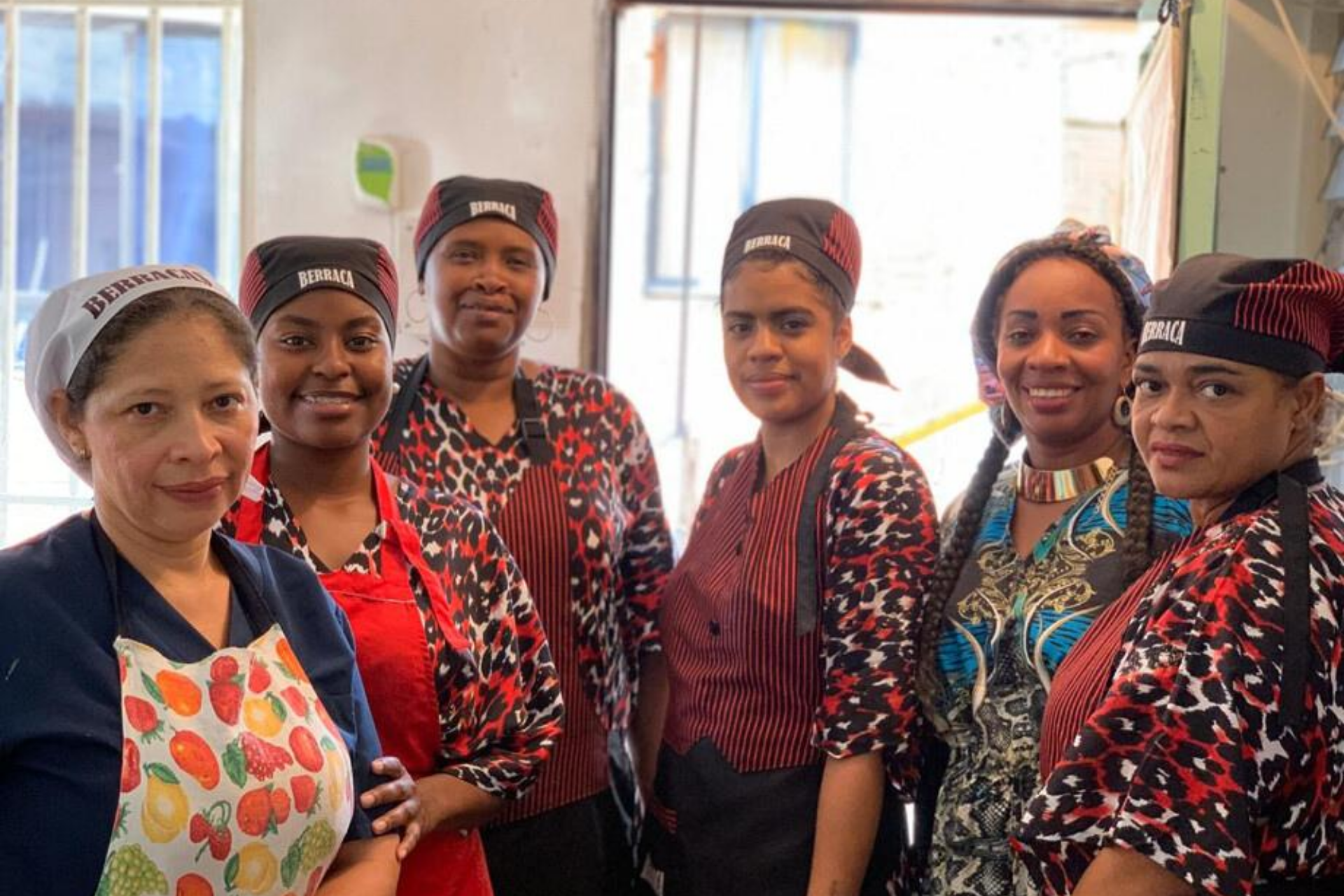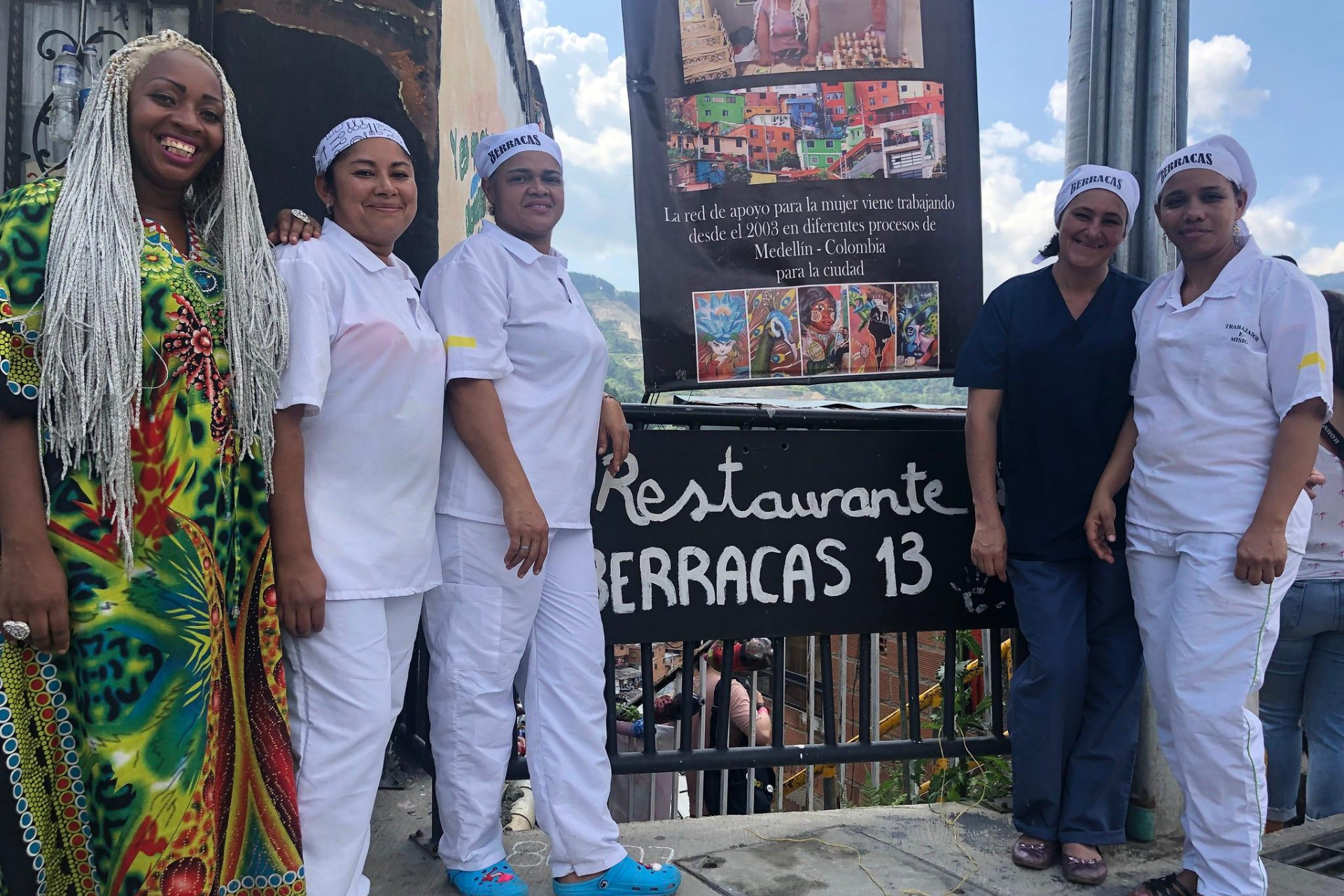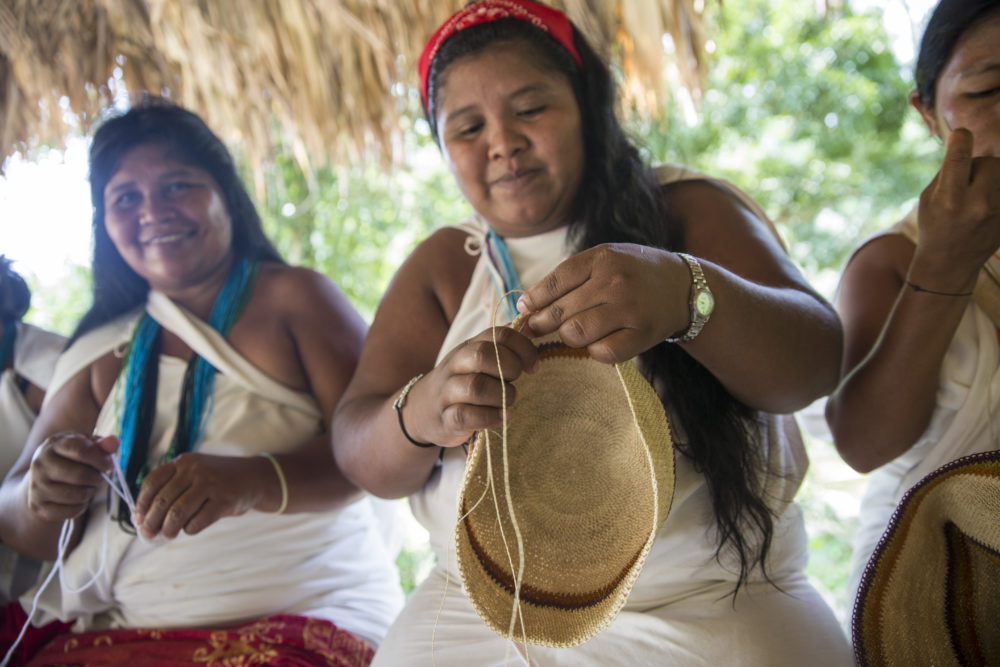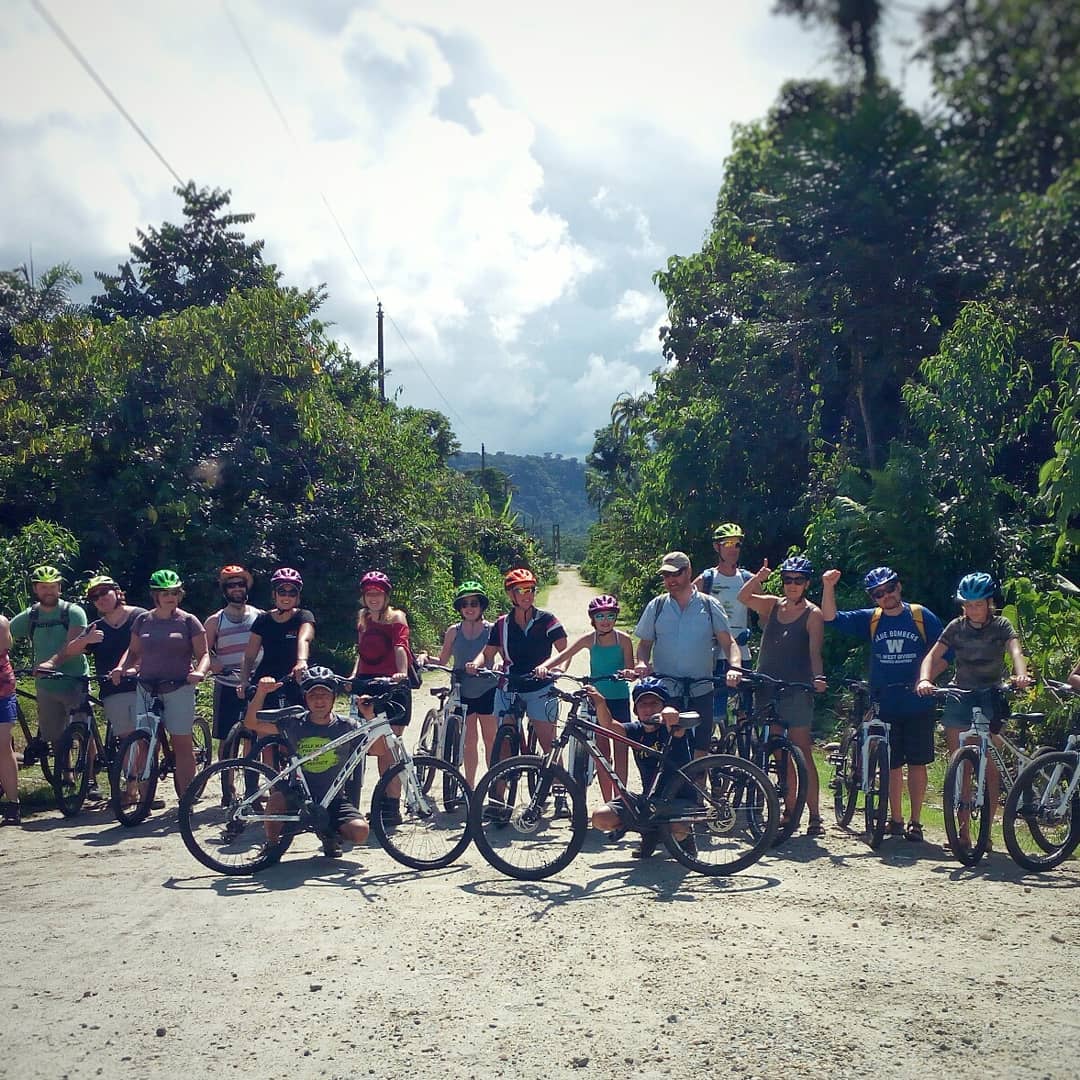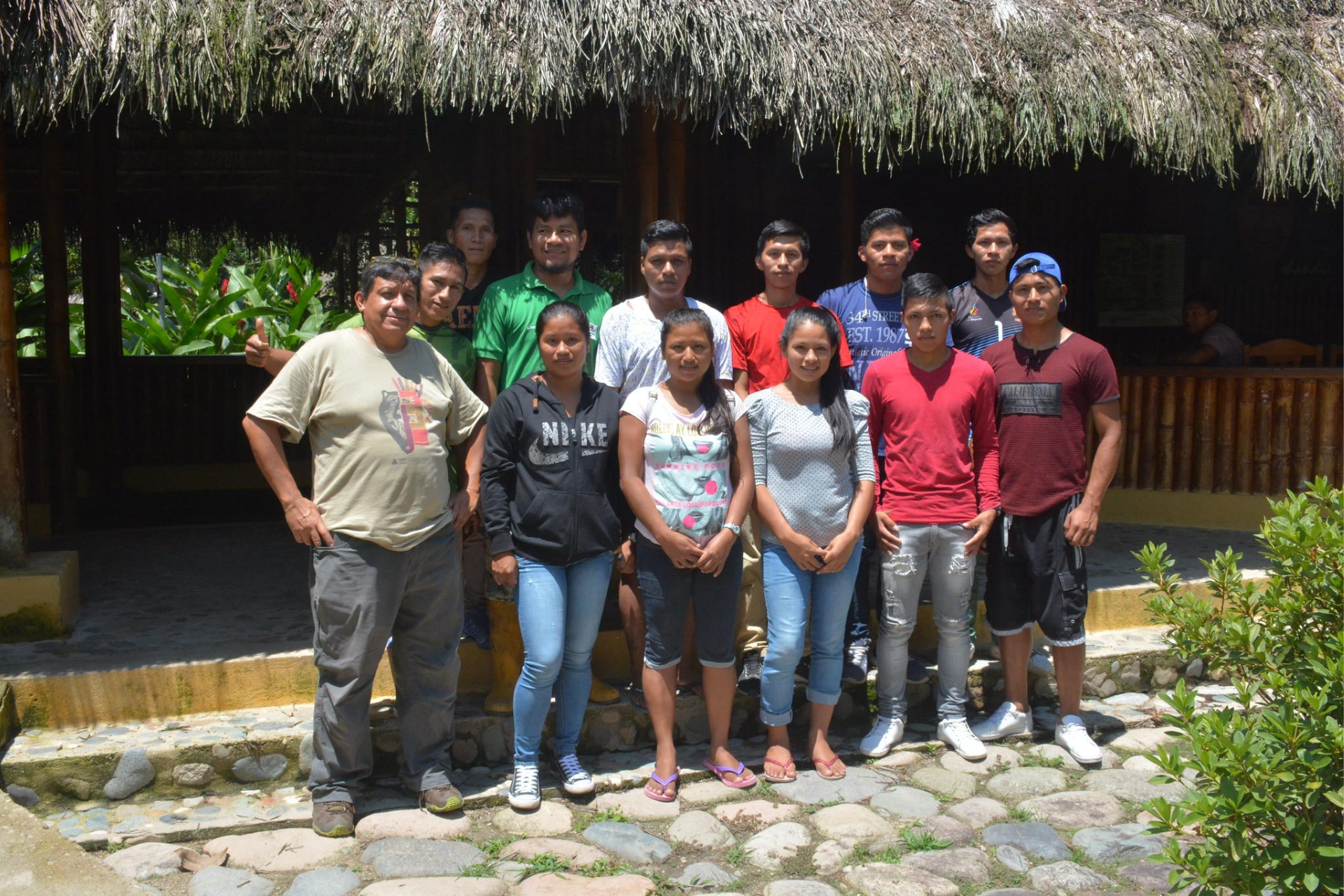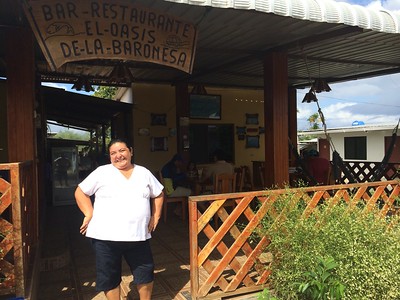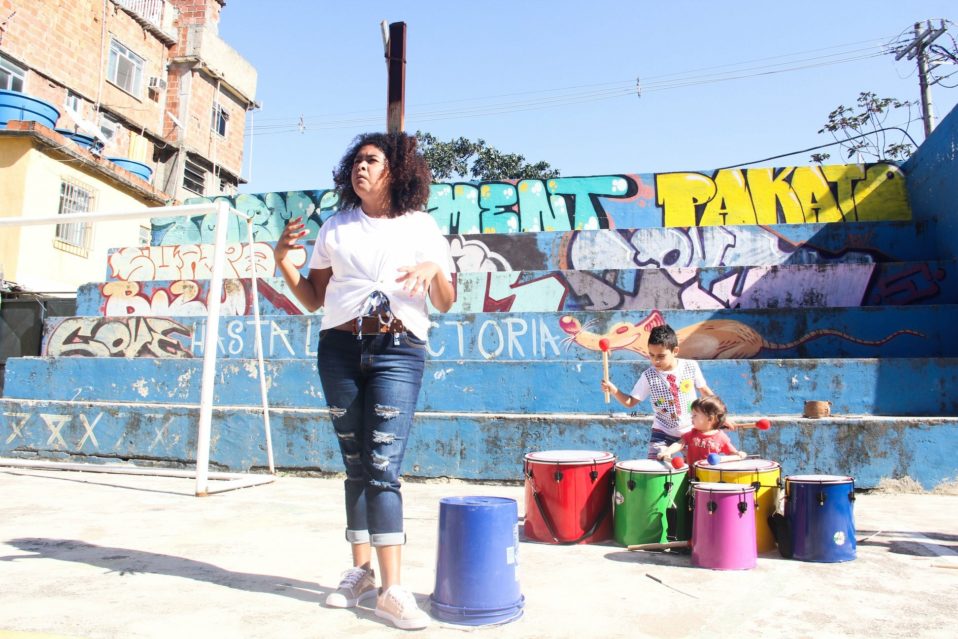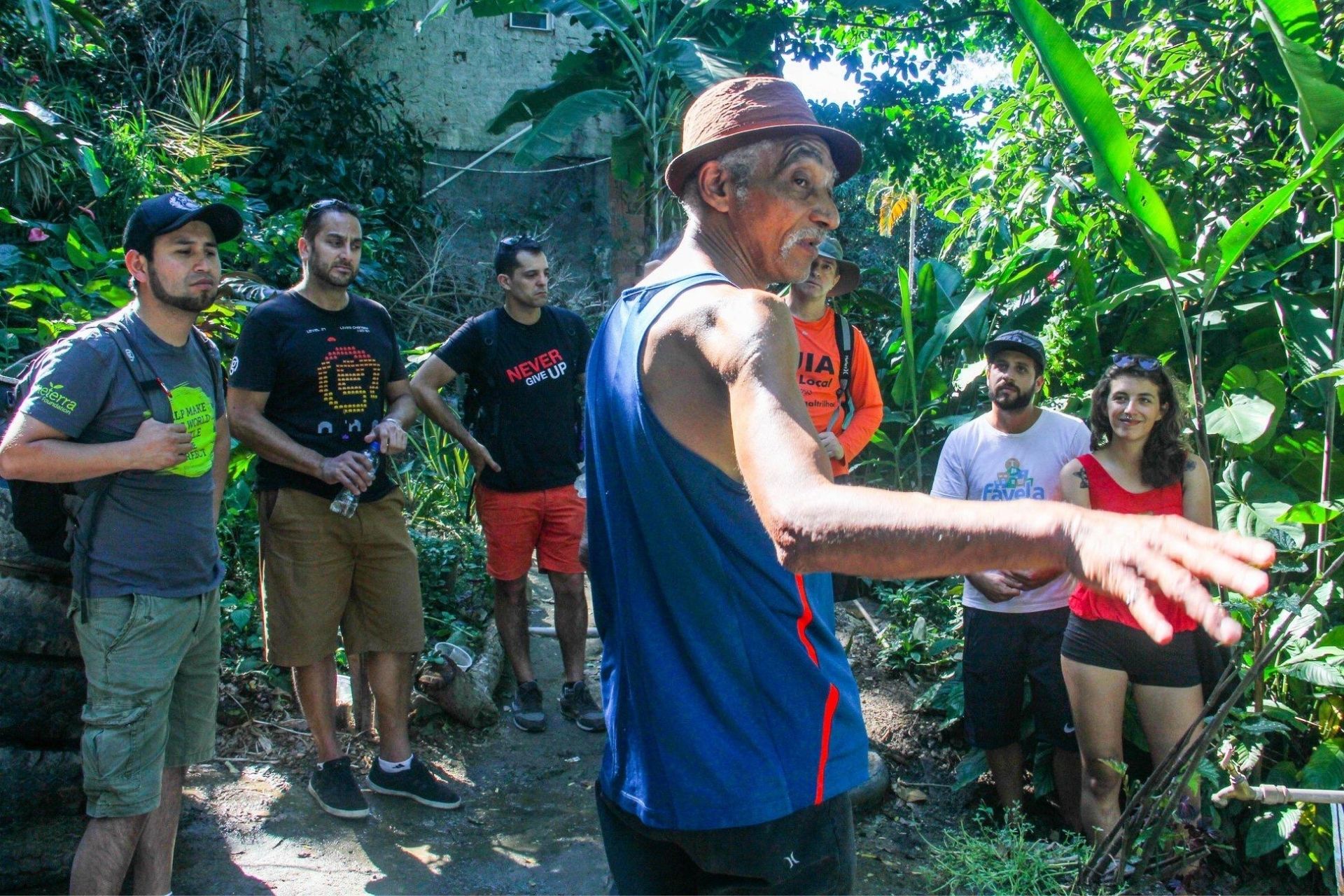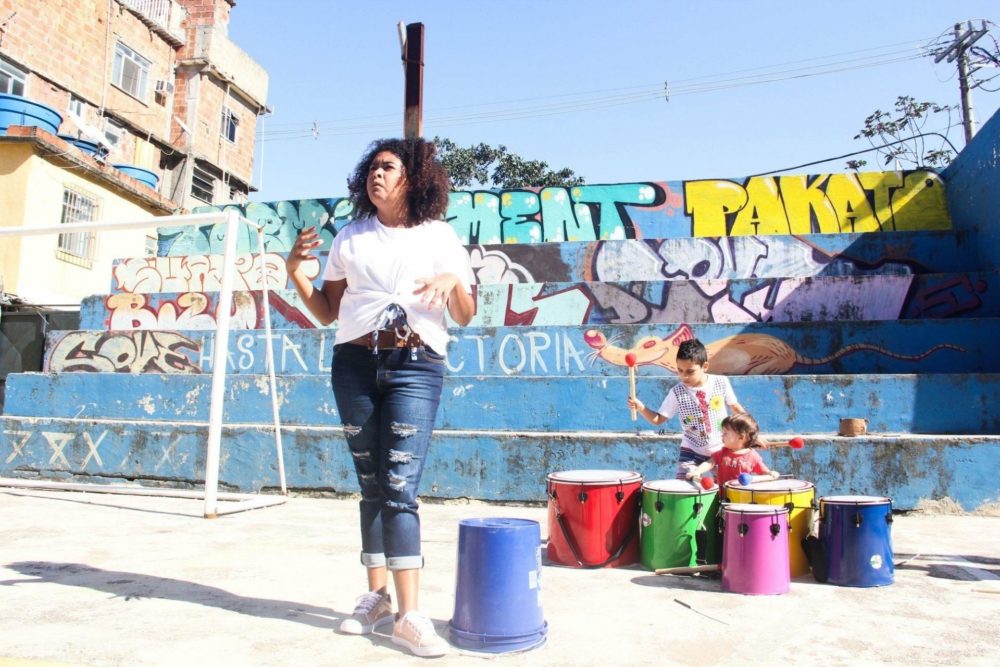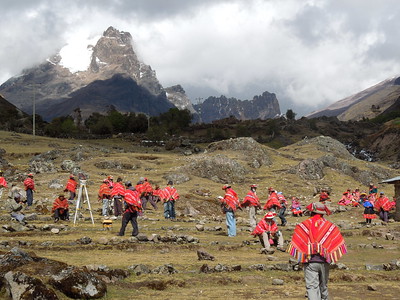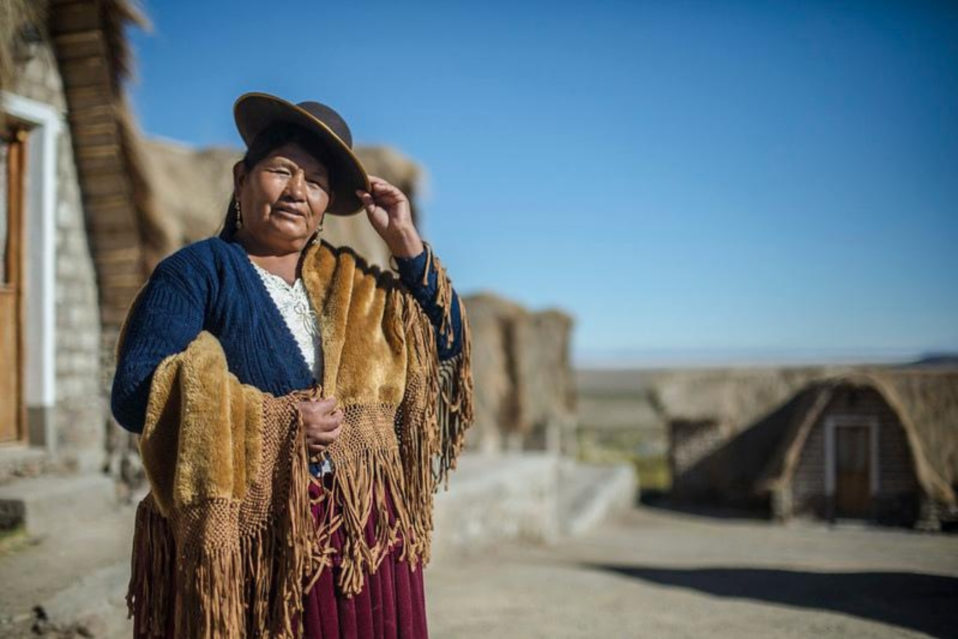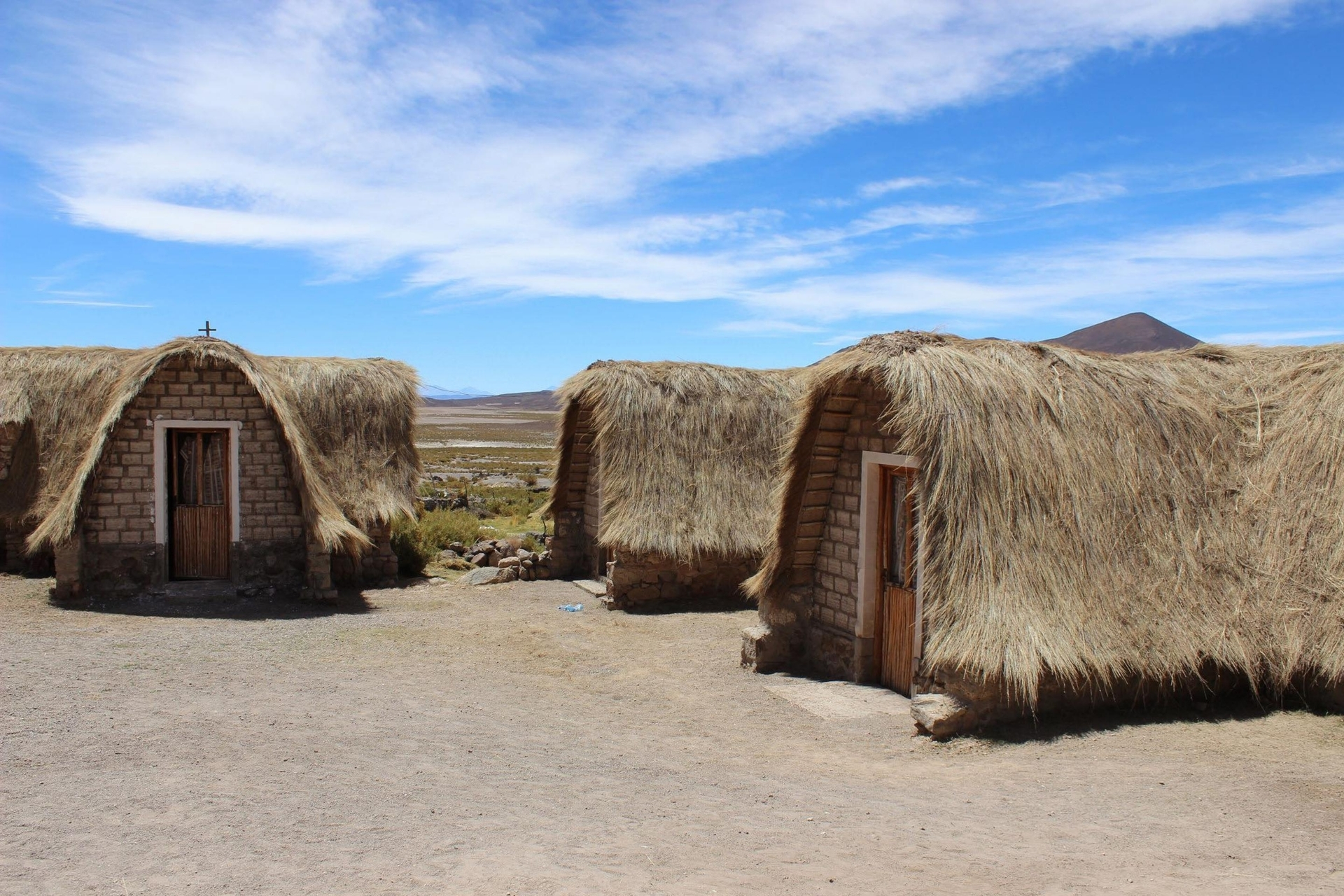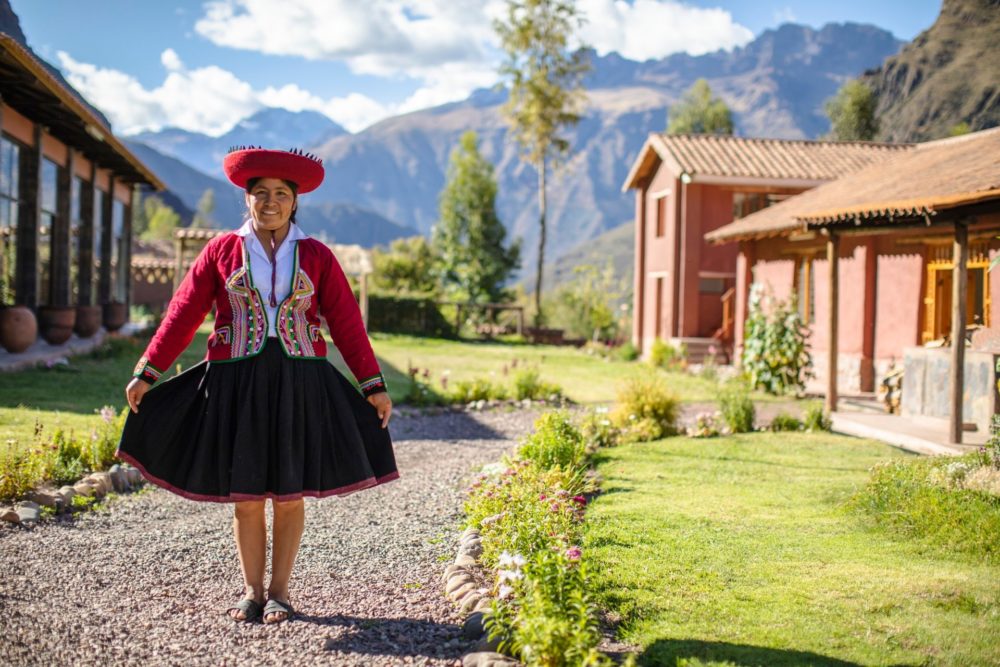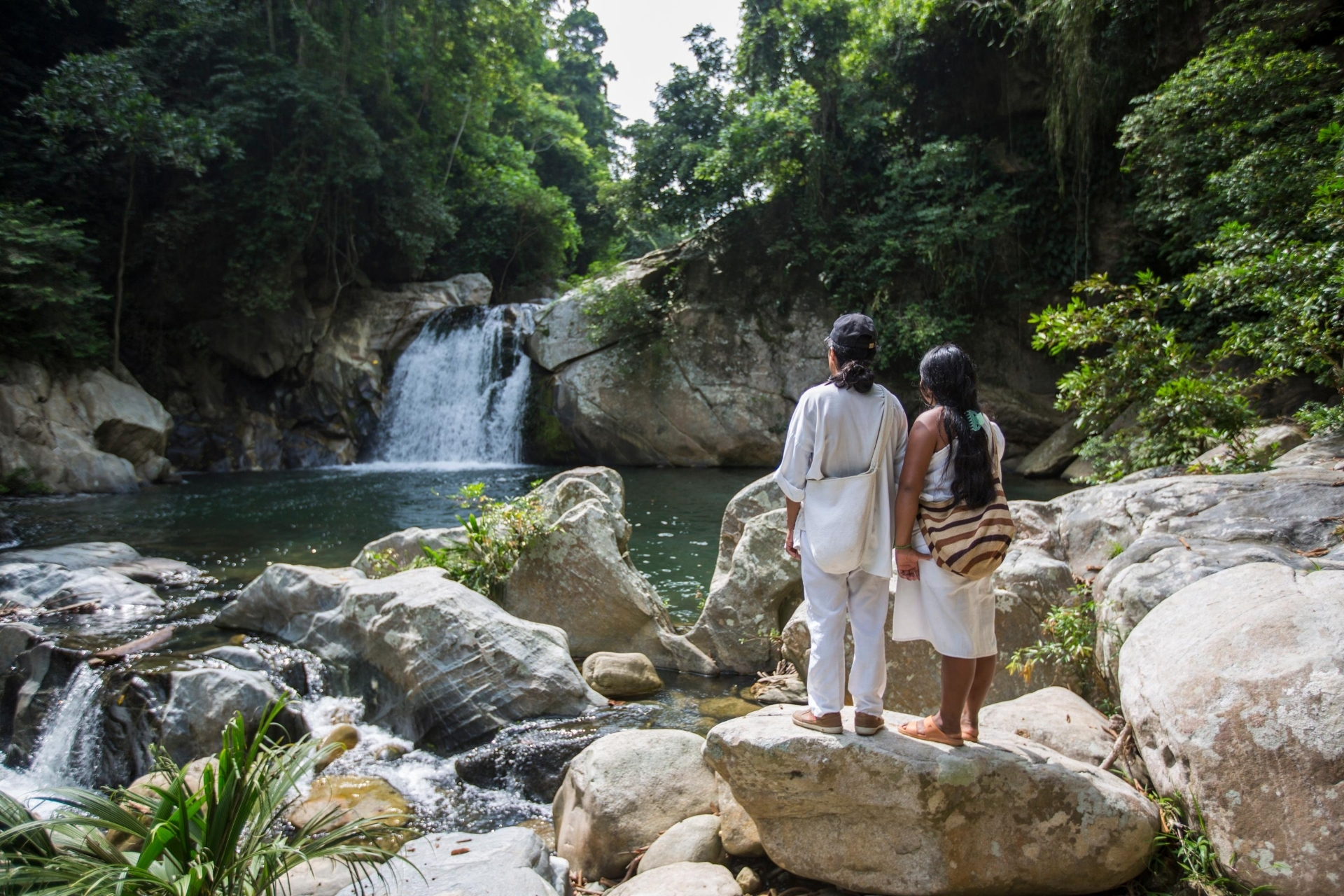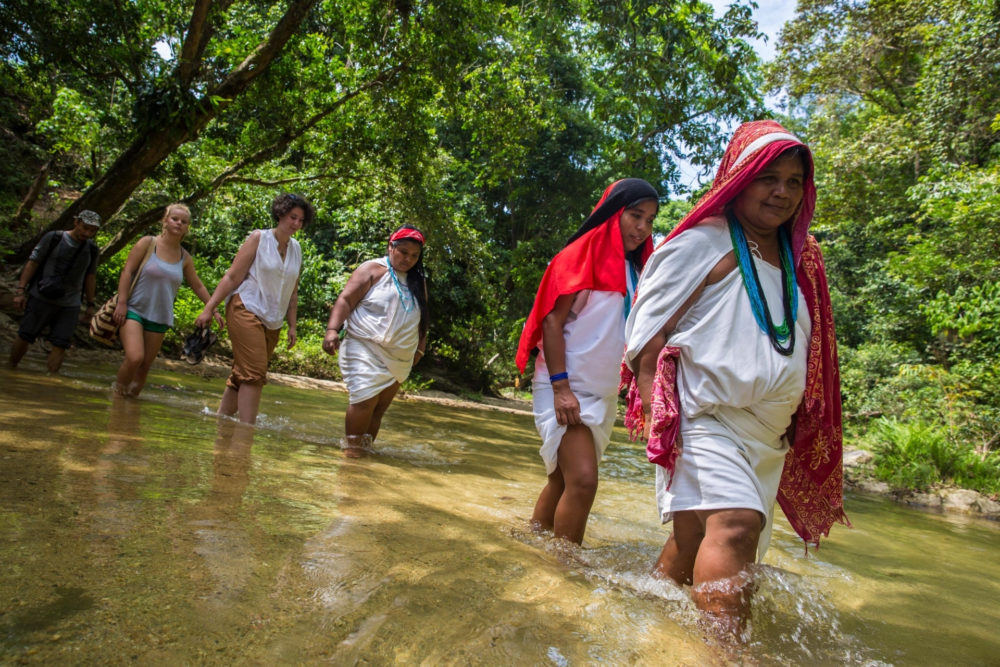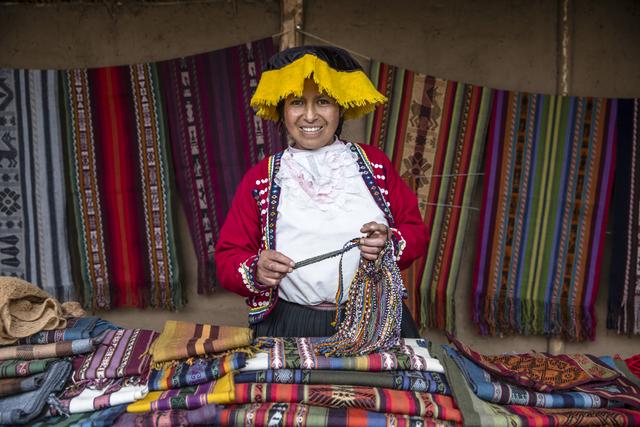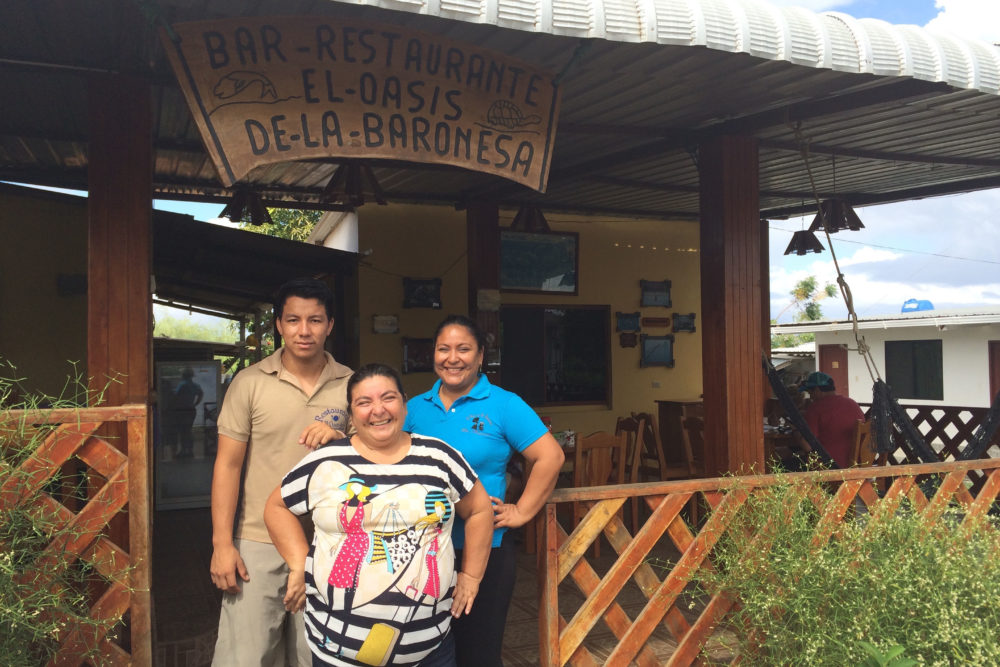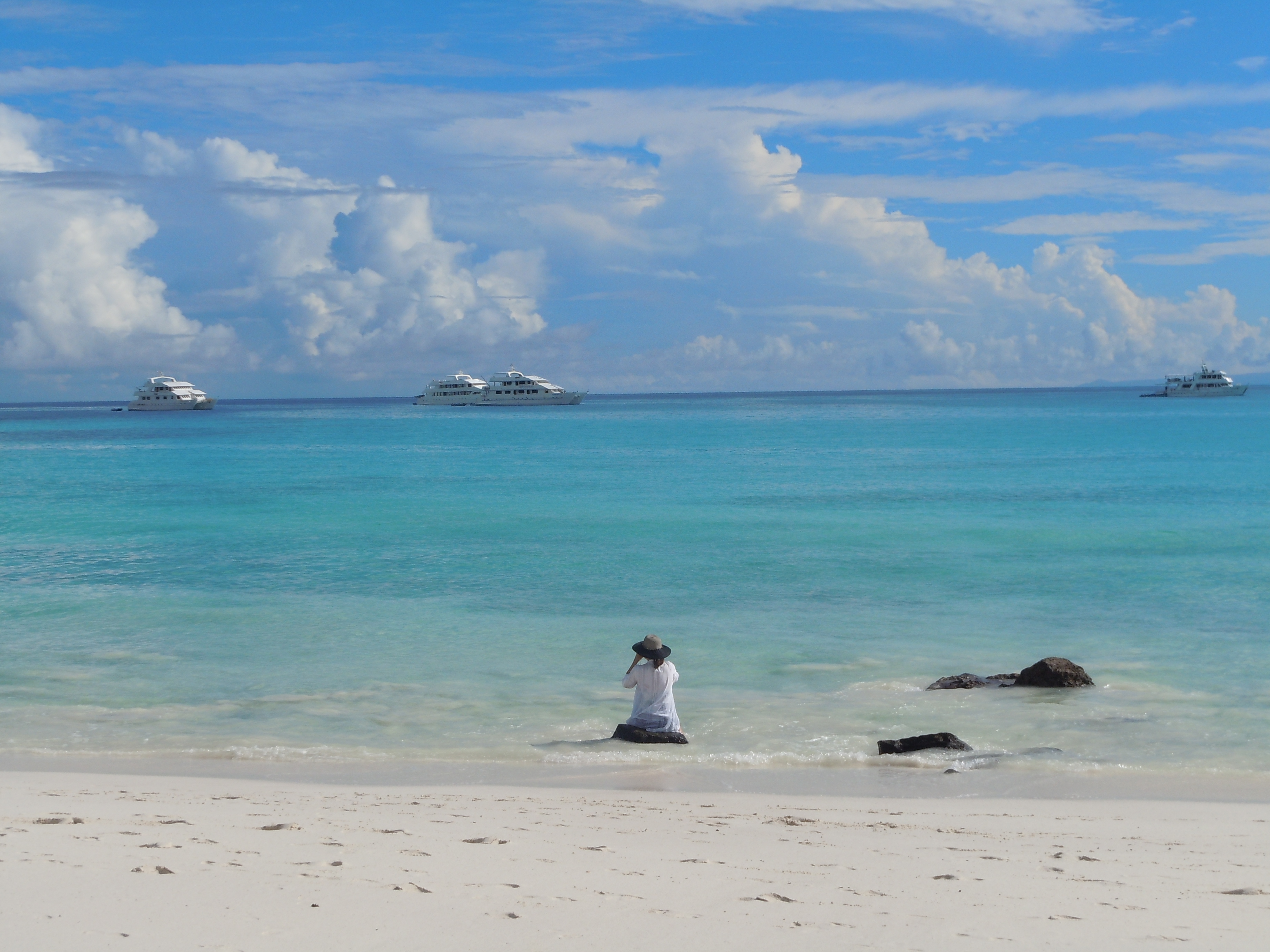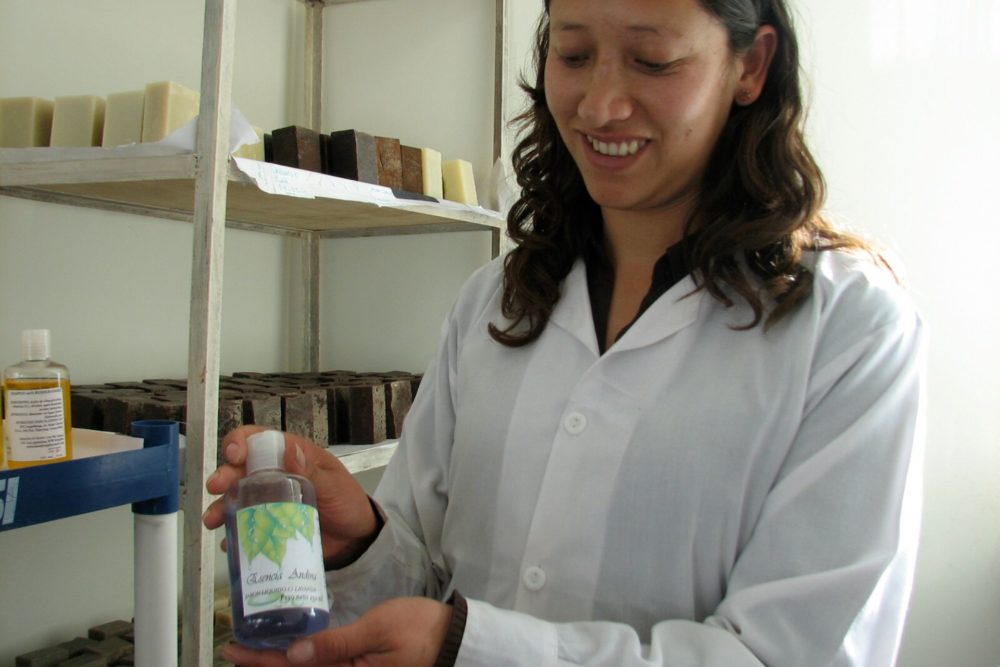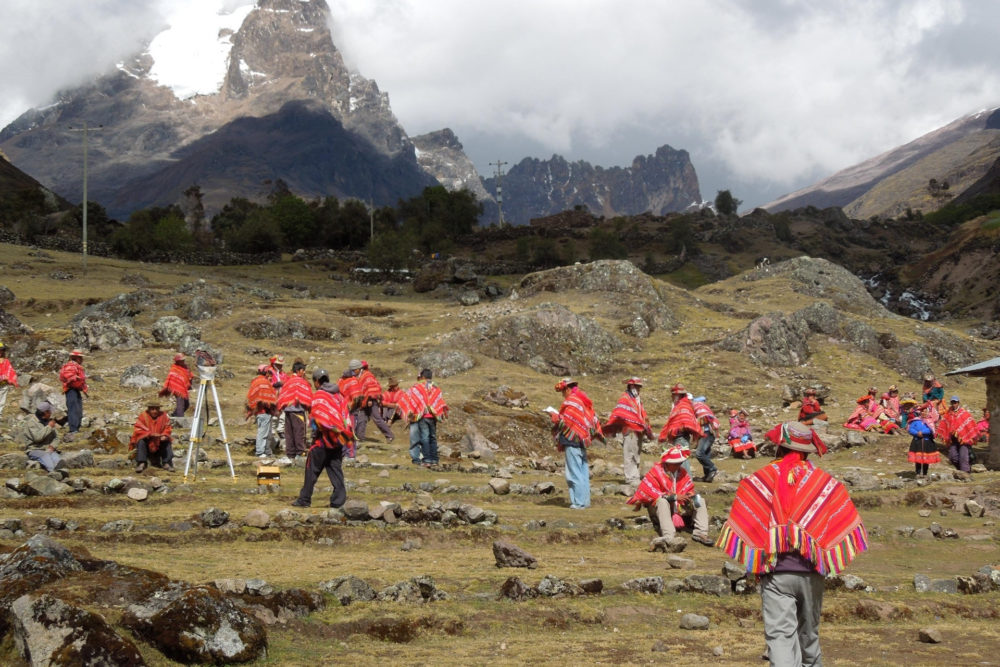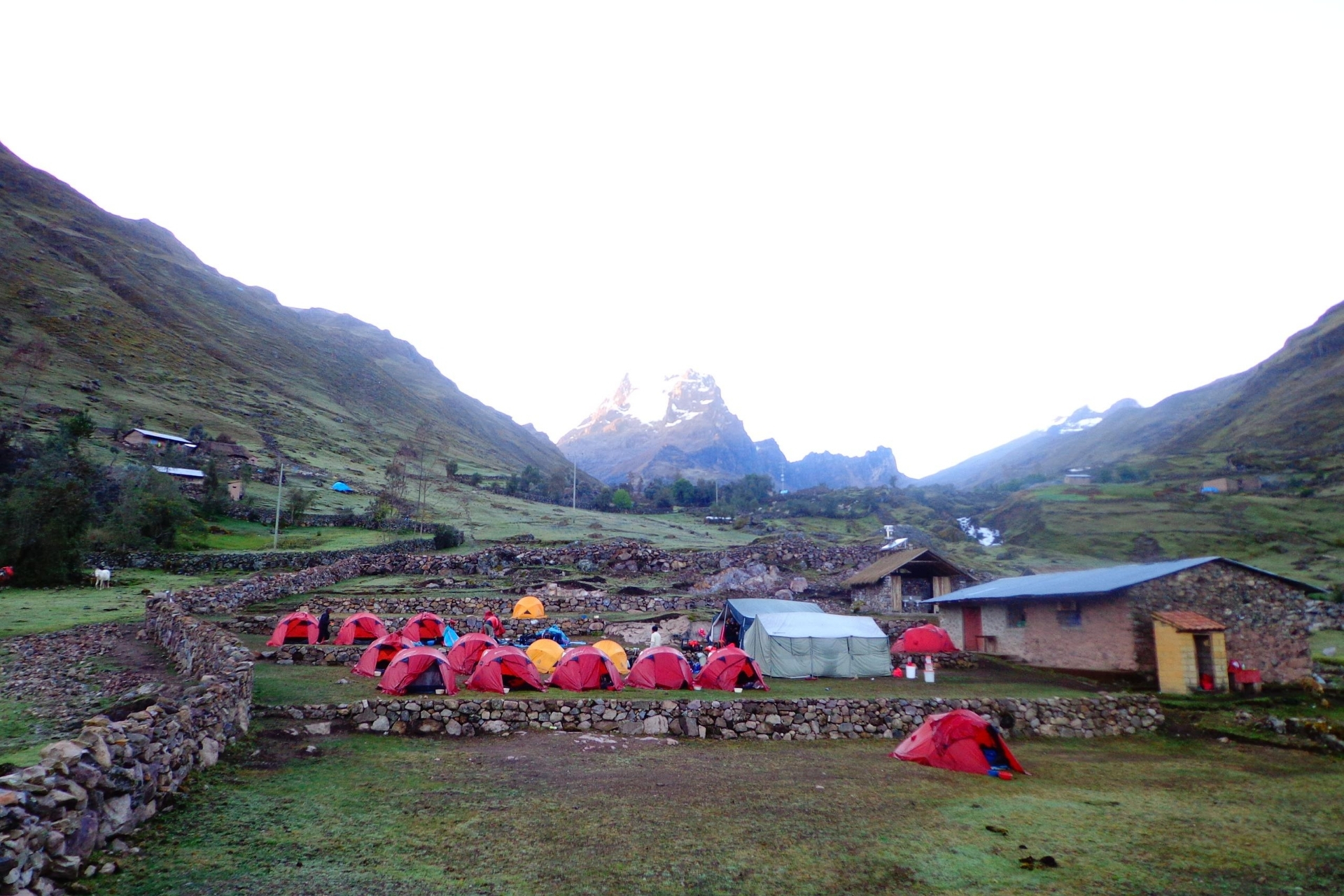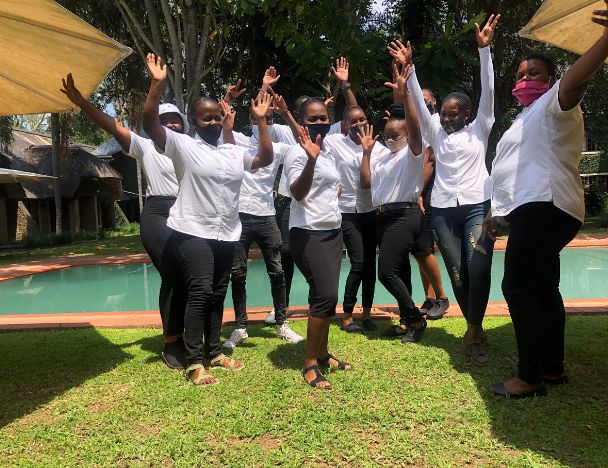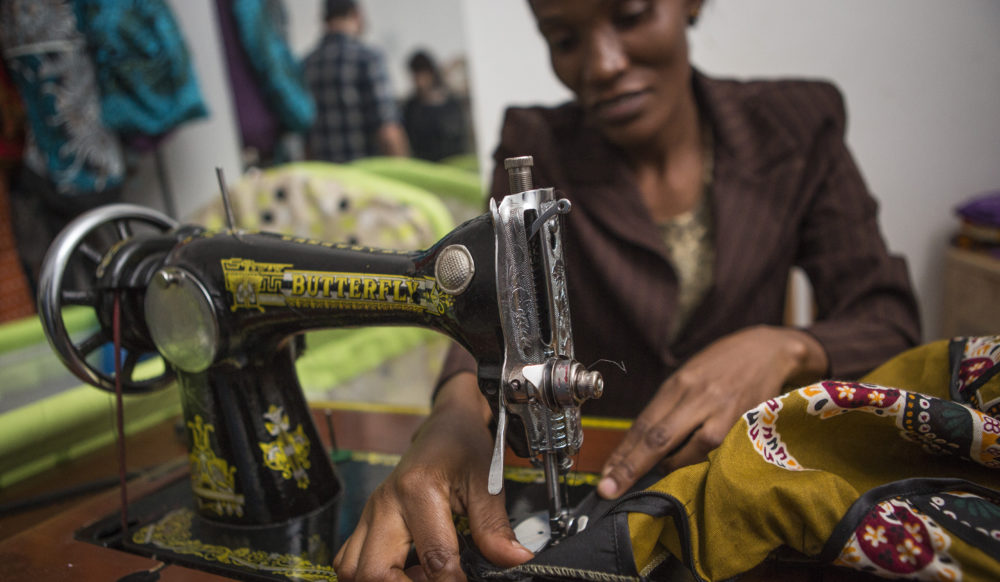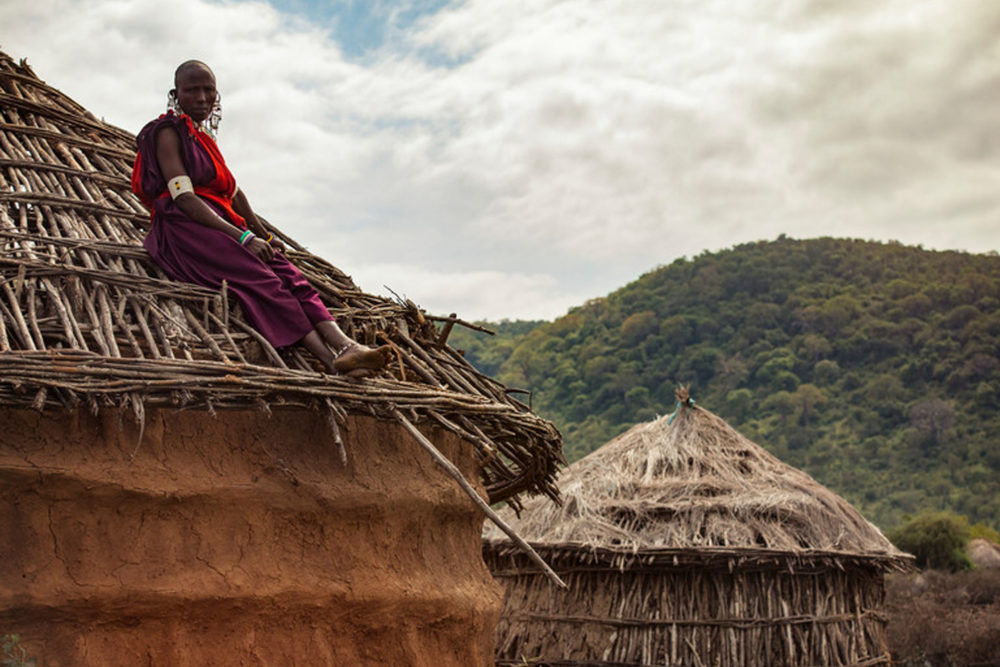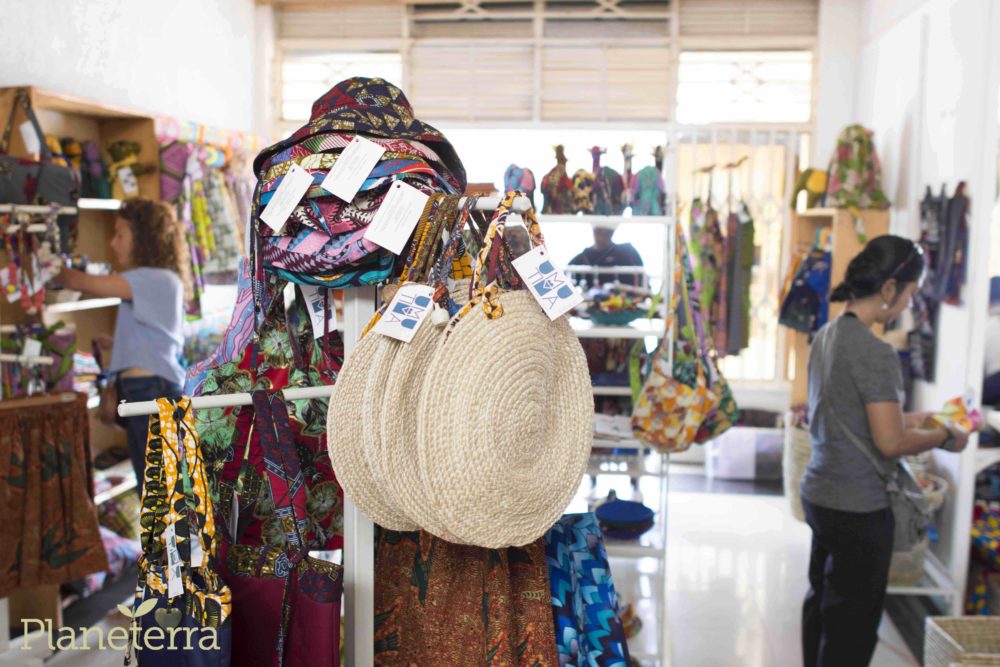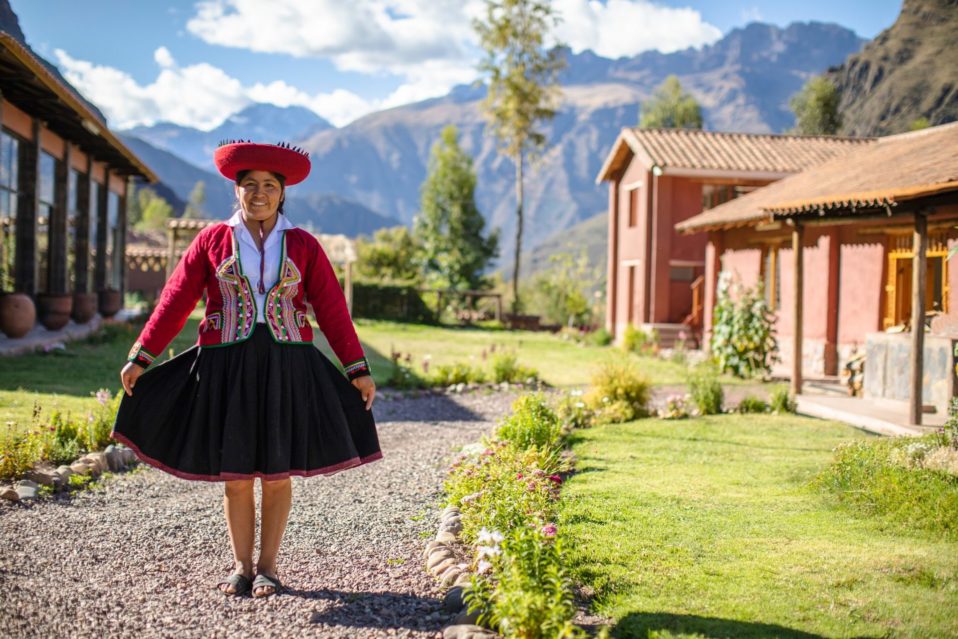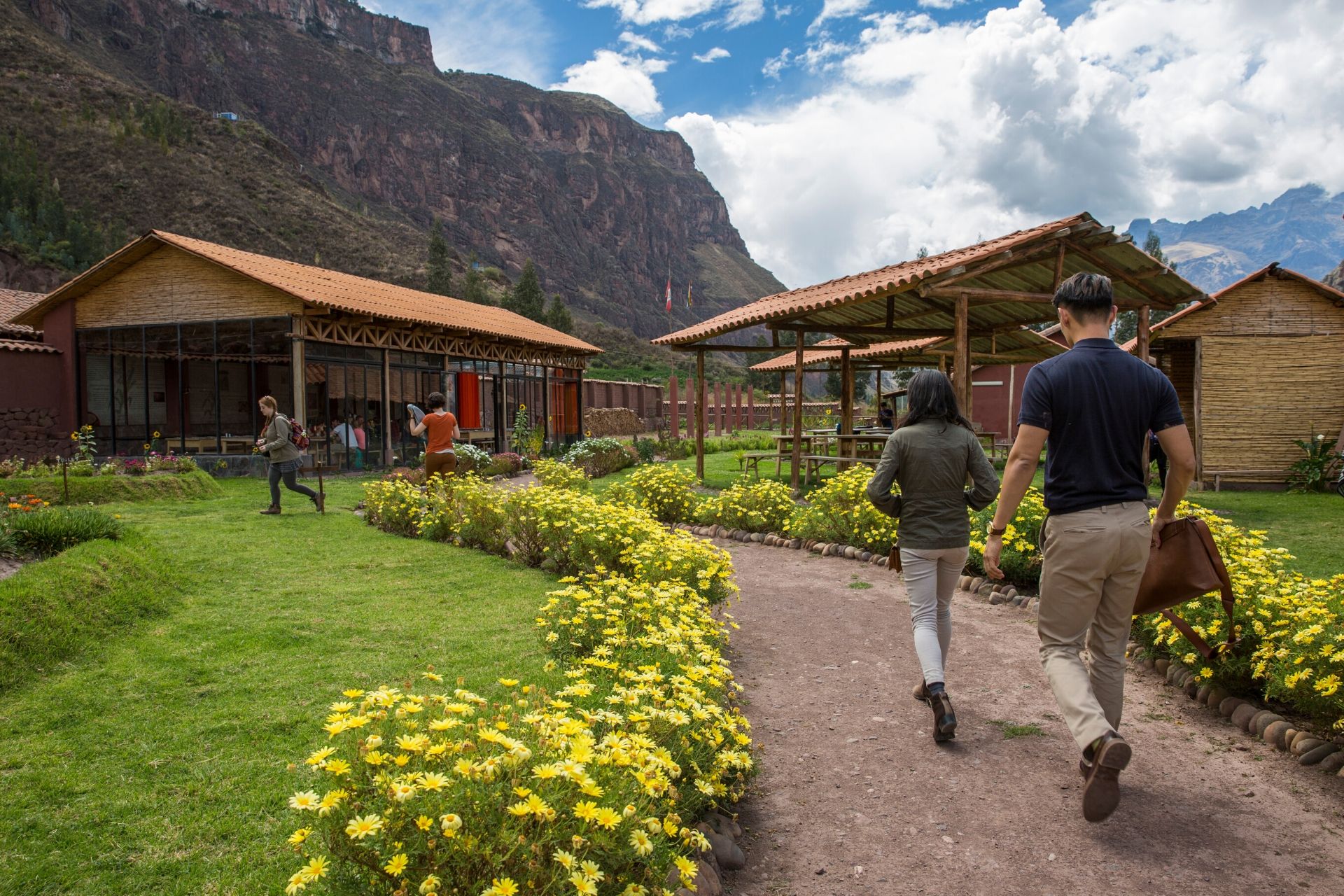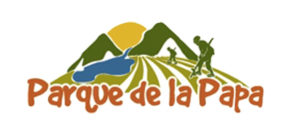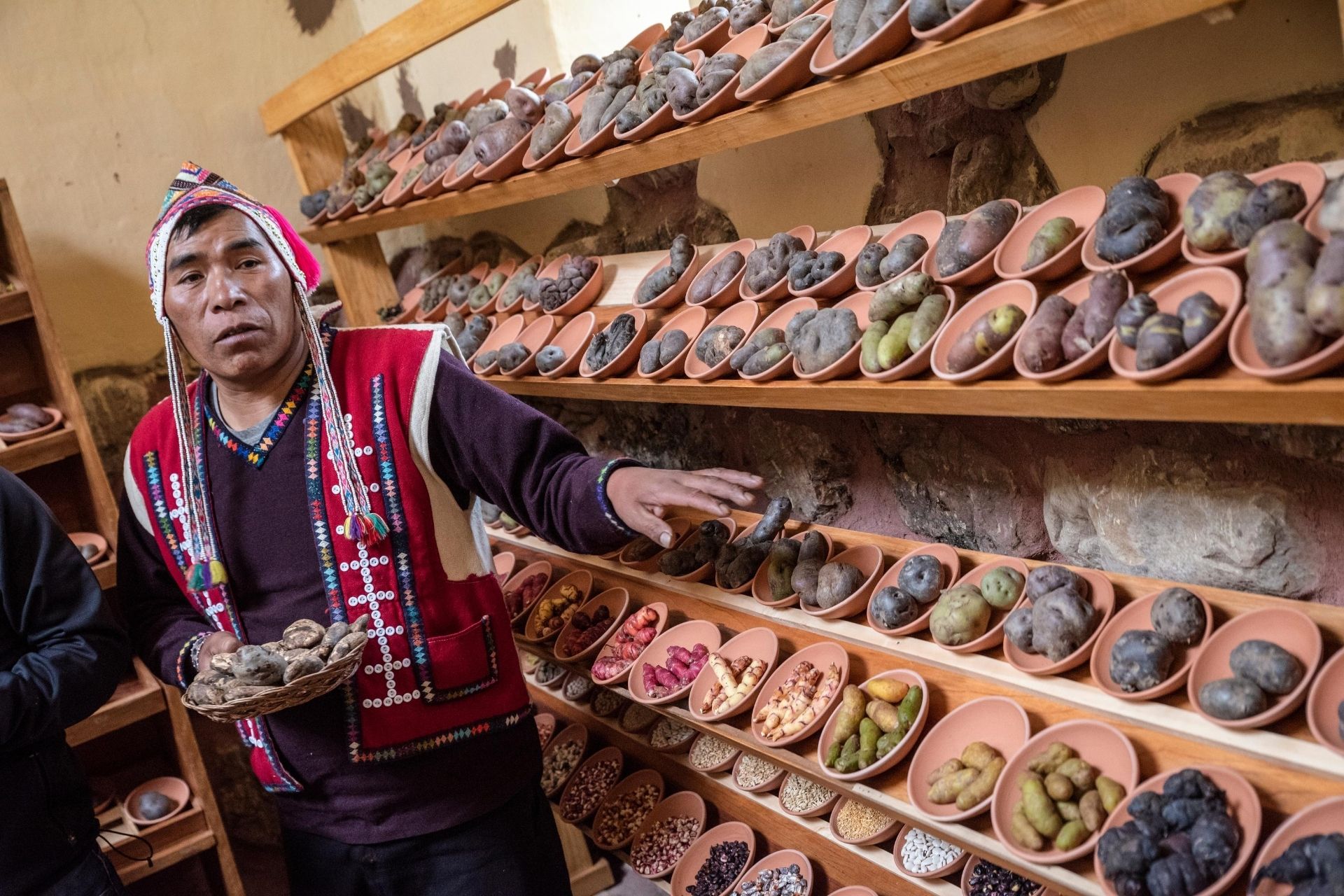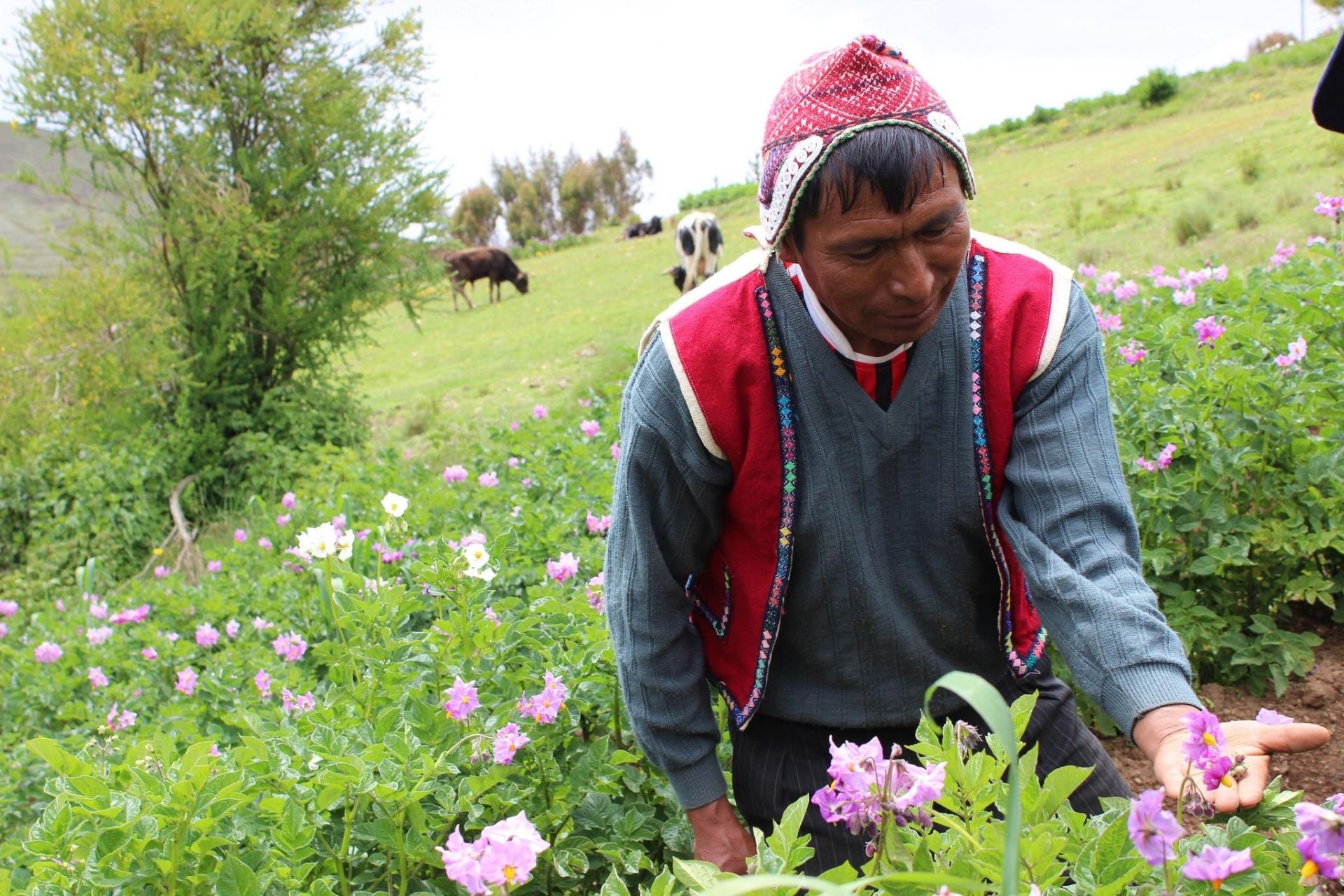Tinkuy Community Tourism
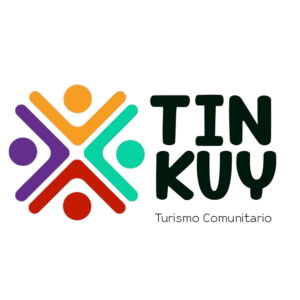
Impact
Tinkuy is yet another example of the power of community and perseverance. The 12 families who came together to establish Tinkuy have worked together for years on the shared vision of recovering their traditional practices and ceramics while being able to earn an income locally in order to support their families. Not only are they now able to do so, but they have also dedicated their efforts to helping the wider community through supporting clean-up campaigns and improving access roads, benefitting other farmers and artisans in the Cuyo Chico community.

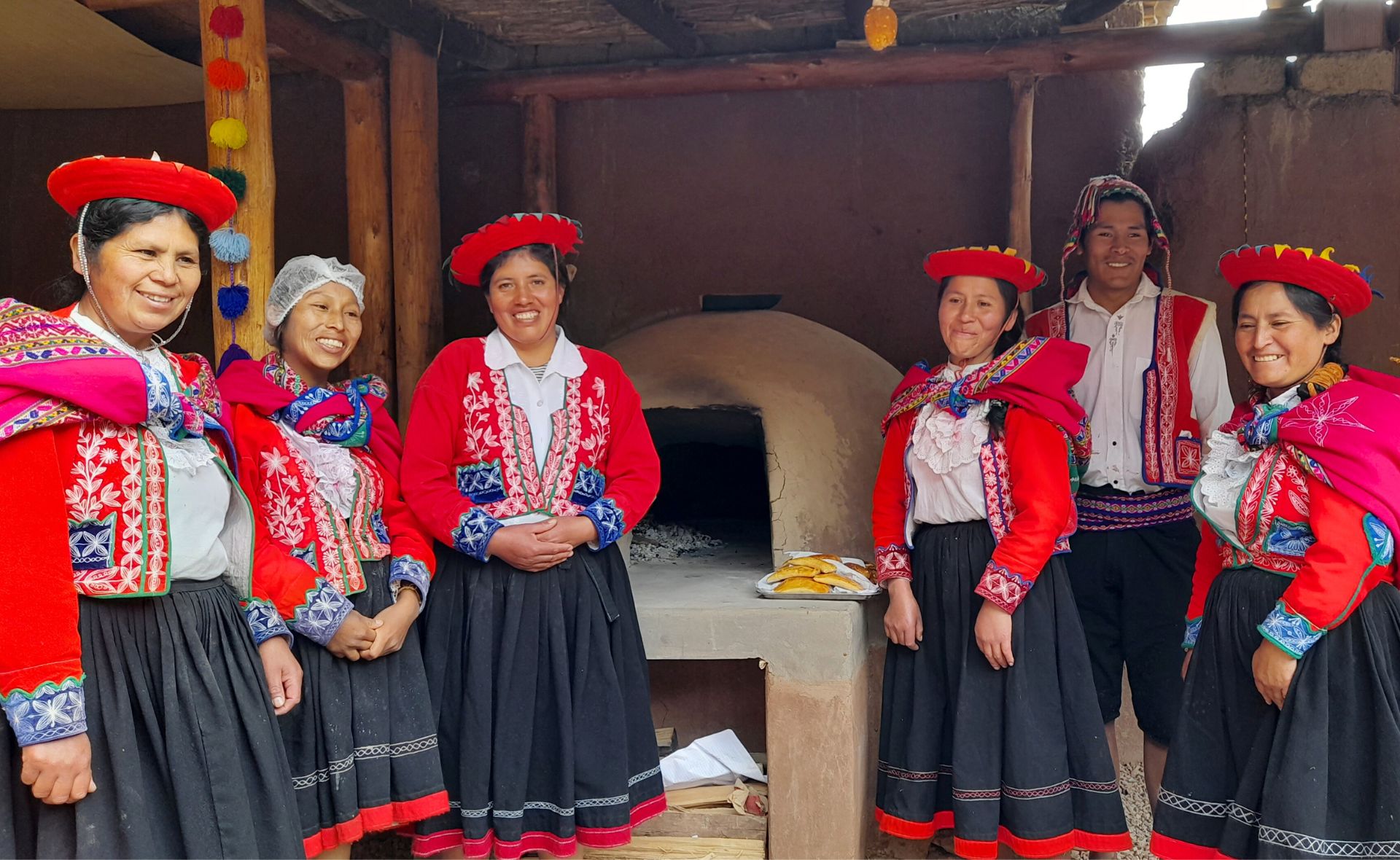
Critical Need
The community of Cuyo Chico was once renowned for its ceramic handicrafts, but the emergence of plastic and other inexpensive materials posed a significant threat to the livelihoods of those engaged in the creation and sale of traditional ceramic crafts. As the demand for their art declined, community members found it increasingly difficult to earn a sustainable income and support their families.
To counter the loss of this cherished tradition and provide economic opportunities for its community members, the Ricchariy Association of Cuyo Chico took action. In a collaborative effort, 12 families came together to establish Tinkuy, a local enterprise dedicated to revitalizing their customs and traditions. By creating Tinkuy, the community aimed to offer culturally significant income opportunities, especially for women who had to forgo the care of their families and farmland in search of work outside the community.
Our Involvement
The Tinkuy Community Tourism Enterprise, owned by the Ricchary Association of Cuyo Chico, was established in 2009 with the aim of promoting tourism activities. But despite their efforts, they faced challenges in gaining traction in the market. To address this, Planeterra implemented capacity-building programs, developed and improved the facilities and purchased equipment for the association. Planeterra supported them with new cultural experiences that would be more accessible to travelers while also maintaining their traditional pottery and gastronomy.
By helping improve the experience, Planeterra was also able to connect Tinkuy to the global market through our travel partners.
